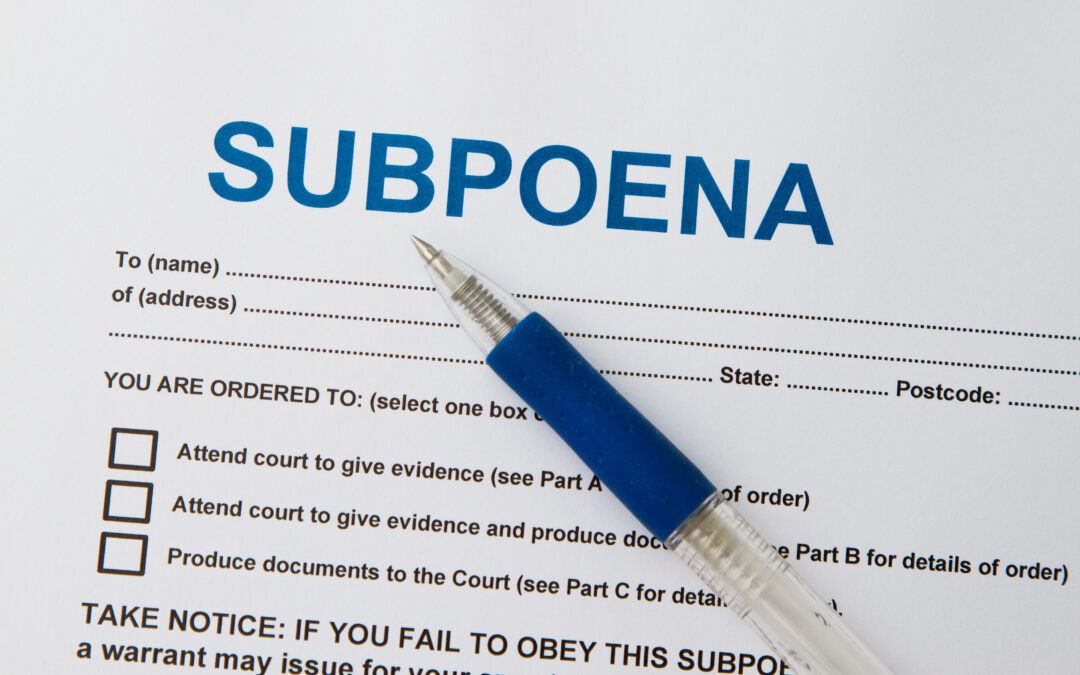With local mask mandates being lifted now or in the near future, it is to be expected that both employees and patrons of businesses will be eager to return to normal and not wear face coverings. Each business will need to make its decisions based on an evaluation of its own unique circumstances. However, there are important considerations that should be factored in before making a decision for your business. Here’s what you need to know:
Tennessee Mask Mandates: Expiring Either Now or Very Soon
On April 27, 2021, Governor Bill Lee signed Executive Order No. 80 (“Executive Order 80”) ending the delegation of authority to local governments to require face coverings in the state’s 89 non-metro counties. The order also declares that The Tennessee Pledge will no longer be an independent source of information or recommendations for COVID-19 and that information should be sought from traditional public health agencies. Executive Order 80 went into effect at 11:59 p.m. central time on April 28, 2021.
In addition, Governor Lee requested counties with independent health departments – Shelby, Madison, Davidson, Hamilton, Knox and Sullivan – that have remaining business restrictions or mask requirements to lift all measures no later than May 30. Here is the current status of these metro counties:
- Knox County – according to Mayor Glenn Jacobs, the county mask mandate ended effective 11:59 p.m. eastern time on April 27, 2021.
- Sullivan County – the local mask mandate was already set to expire effective April 30, 2021, and according to Mayor Richard Venable, it will expire as previously planned.
- Hamilton County – the local mask mandate was already set to expire effective on April 29, 2021, and according to Mayor Jim Coppinger, it will expire as previously planned.
- Madison County – the local mask mandate previously expired effective March 31, 2021.
- Shelby County – no changes to the local mask mandate have been announced as of the date of this article.
- Davidson County – Mayor John Cooper currently intends to lift all coronavirus restrictions on businesses and gatherings on May 14, 2021.
Can Your Business Still Require Masks?
Yes. Executive Order 80 does not prohibit you from establishing or maintaining reasonable safety measures to protect your employees and patrons or visitors from the transmission of COVID-19. Business owners (including healthcare providers) are free to continue to base decisions of employee and visitor safety on scientific guidance provided by national public health agencies such as the Centers for Disease Control (“CDC”).
In light of Executive Order 80, it is noteworthy to mention that the Tennessee Pledge did not contain specific guidance for healthcare providers or medical practices. Instead, Tennessee healthcare providers were encouraged to rely upon CDC guidance for the healthcare setting. On April 27, 2021, the CDC issued guidance that lifts mask restrictions for persons who are fully vaccinated (two weeks past complete vaccinations) for certain outdoor activities. The CDC’s guidance for persons who are not vaccinated remains the same to prevent the transmission of the COVID-19 virus and its variant strains. If a person has not been fully vaccinated, the CDC currently recommends requiring masks indoors and outdoors, social distancing, handwashing and avoiding crowds. The nation continues under a public health emergency.
Could My Practice Be Sued Under Tennessee Law?
There’s nothing to prevent a patient or employee from filing a lawsuit. That said, the Tennessee COVID-19 Recovery Act (“Recovery Act”), which was passed as part of the special legislative session in August 2020, provides certain liability protections arising from COVID-19 for Tennessee businesses, including healthcare providers. Specifically, the Recovery Act provides that no claim for loss, injury, or death arising from COVID-19 can proceed unless the claimant can prove by clear and convincing evidence that a person or entity negligently or willfully caused the loss, damage, injury, or death by an act or omission. These protections include any claim related to implementing policies and procedures to prevent or minimize the spread of COVID-19, which presumably would include whether or not masks are required.
Could A Patient or Employee Make A Claim Pursuant to the ADA?
The Americans with Disabilities Act (“ADA”) permits businesses that are public accommodations (including healthcare providers) to provide services with reasonable conditions to protect the safety of visitors and employees. The ADA provides that nothing shall require an entity to permit an individual to participate in or benefit from the services where such an individual poses a direct threat to the health or safety of others. As of March 2020, the Equal Employment Opportunity Commission (“EEOC”) determined the COVID-19 pandemic meets the “direct threat standard.” As such, a business (including healthcare providers) is not obligated to provide services to a person who poses a threat to the health and safety of others by not wearing a mask.
What About OSHA?
Employers have a duty to maintain a safe workplace for its employees. The federal Occupational Safety and Health Administration (“OSHA”) explicitly and prominently states that workers “have the right to report if your workplace is unsafe during the COVID-19 pandemic” and offers resources on how to make a complaint. OSHA defers to national guidance from the CDC regarding guidelines for a safe workplace. Employees may file complaints at the state or federal level and they will be investigated in accordance with OSHA’s federal protocol by state or regional offices.
To comply with OSHA obligations, employers should align their operations and procedures with CDC recommendations for COVID-19 and communicate the safety measures taken to employees. At this time, OSHA specifically recommends masks (cloth or surgical masks) be required for employees and visitors for the protection of the employer’s workforce, in part: “COVID-19 is highly transmissible and can be spread by people who have no symptoms. Particles containing the virus can travel more than 6 feet, especially indoors, and can be spread by individuals who do not know they are infected. …Face coverings protect those around you, in case you are infected but do not know it, and can also reduce your own exposure to infection in certain circumstances. Wearing a face covering is complementary to and not a replacement for physical distancing.”
OSHA has the authority to issue an OSHA General Duty Citation for employers failing to provide a safe workplace.
The COVID-19 pandemic and response is an evolving situation. All levels of government are engaged in the process of preparing new legislation, regulations and orders both to stem the spread of the virus and to provide relief to employers and employees. We will continue to monitor the situation and provide updates as applicable, especially as such updates affect healthcare providers and their practices.


